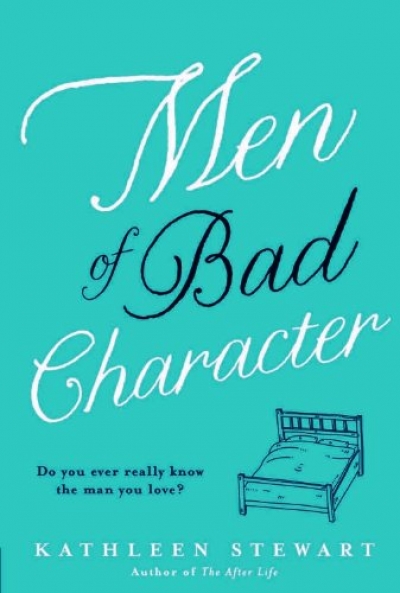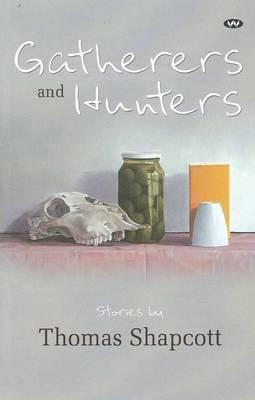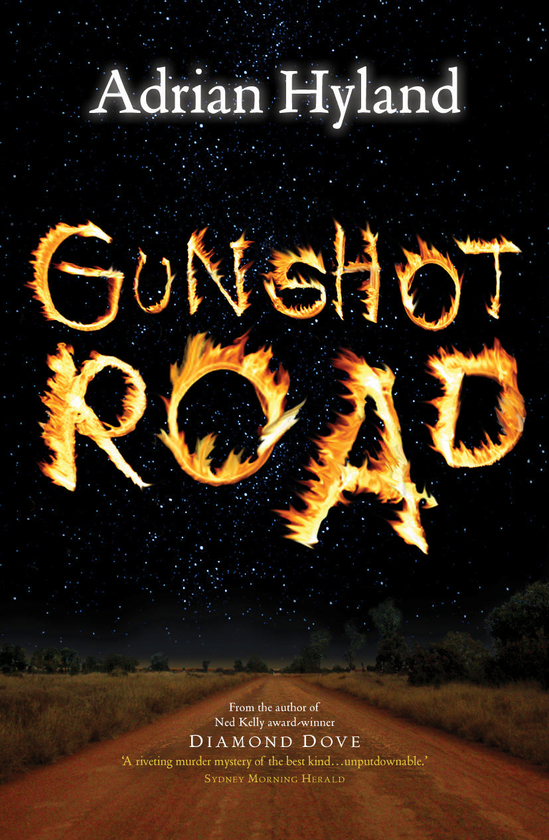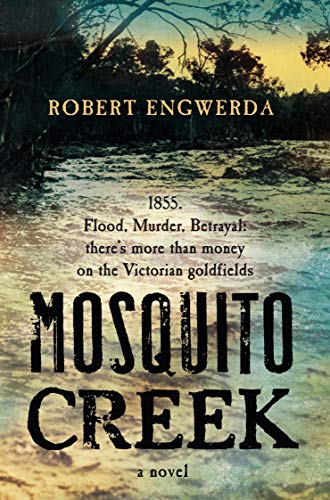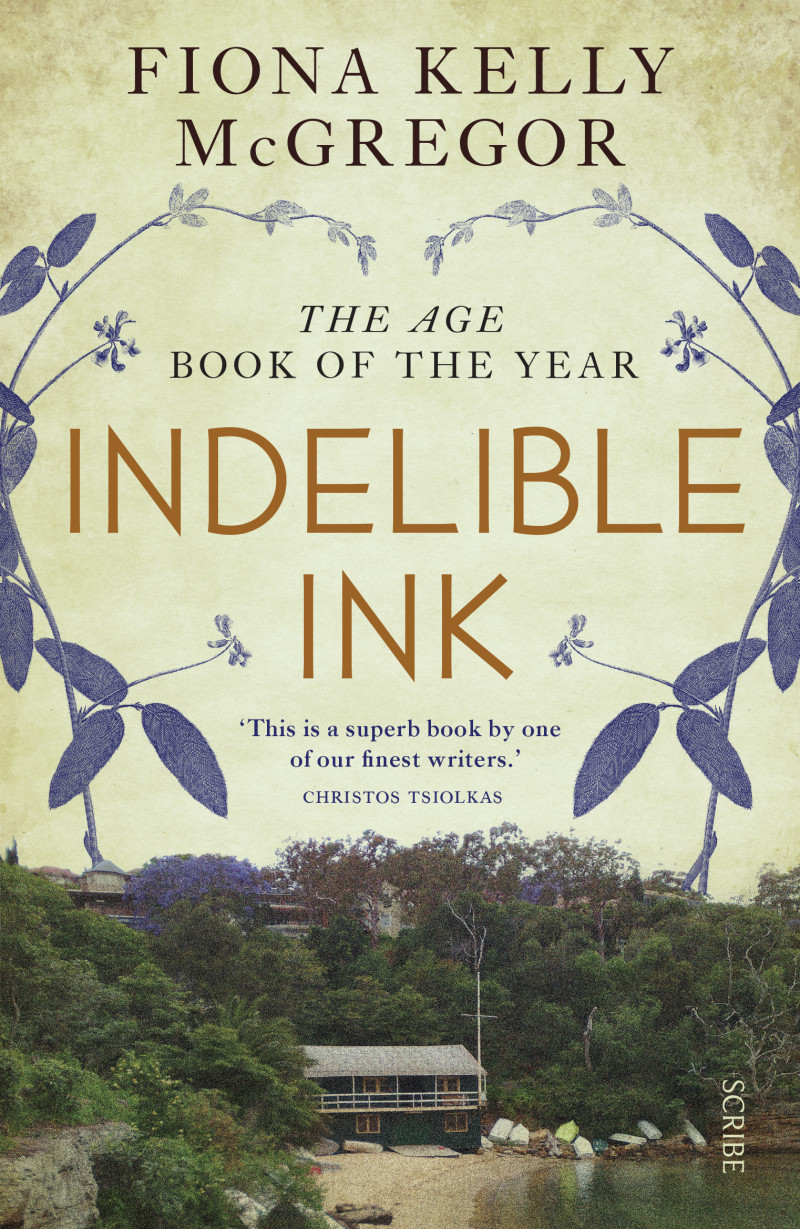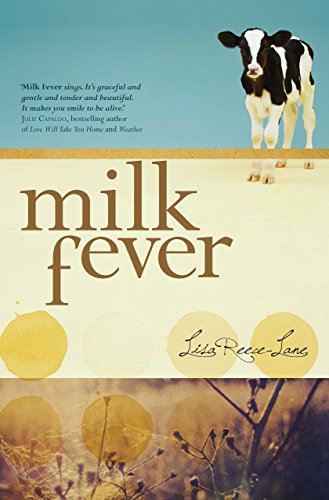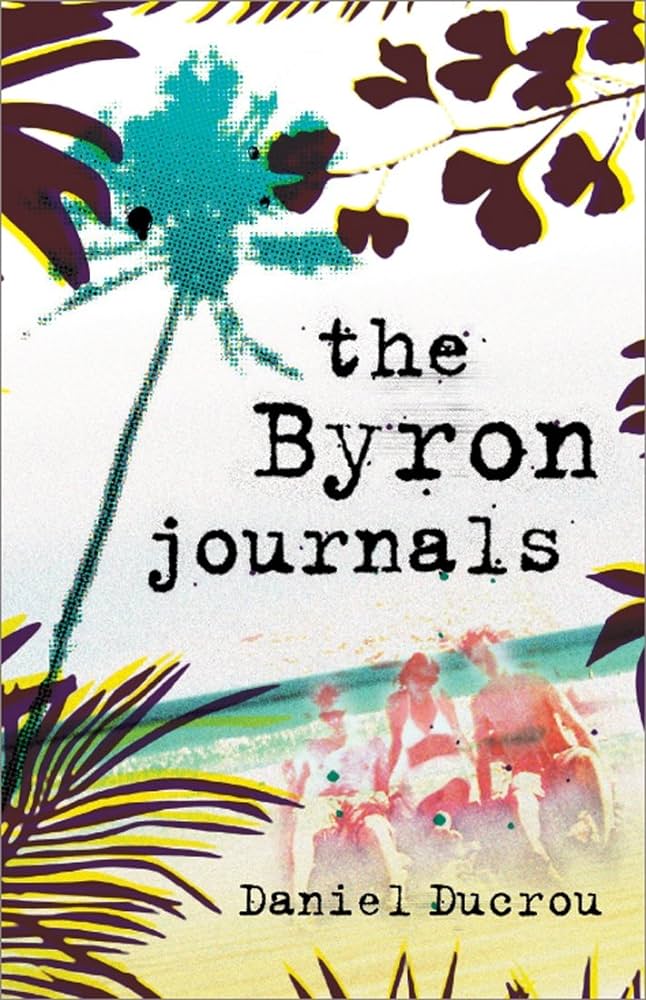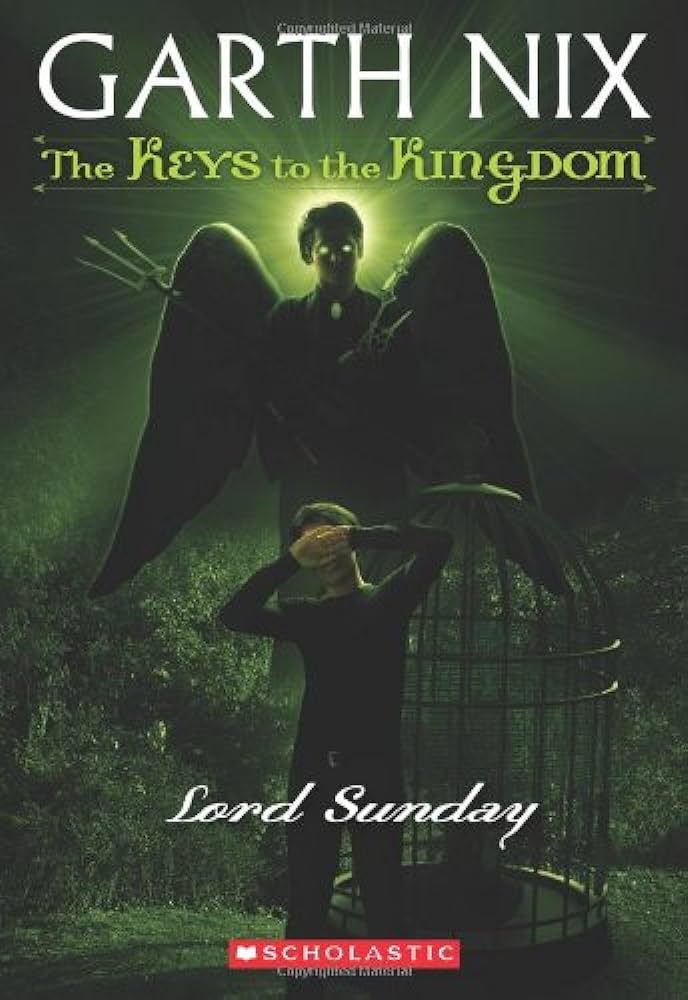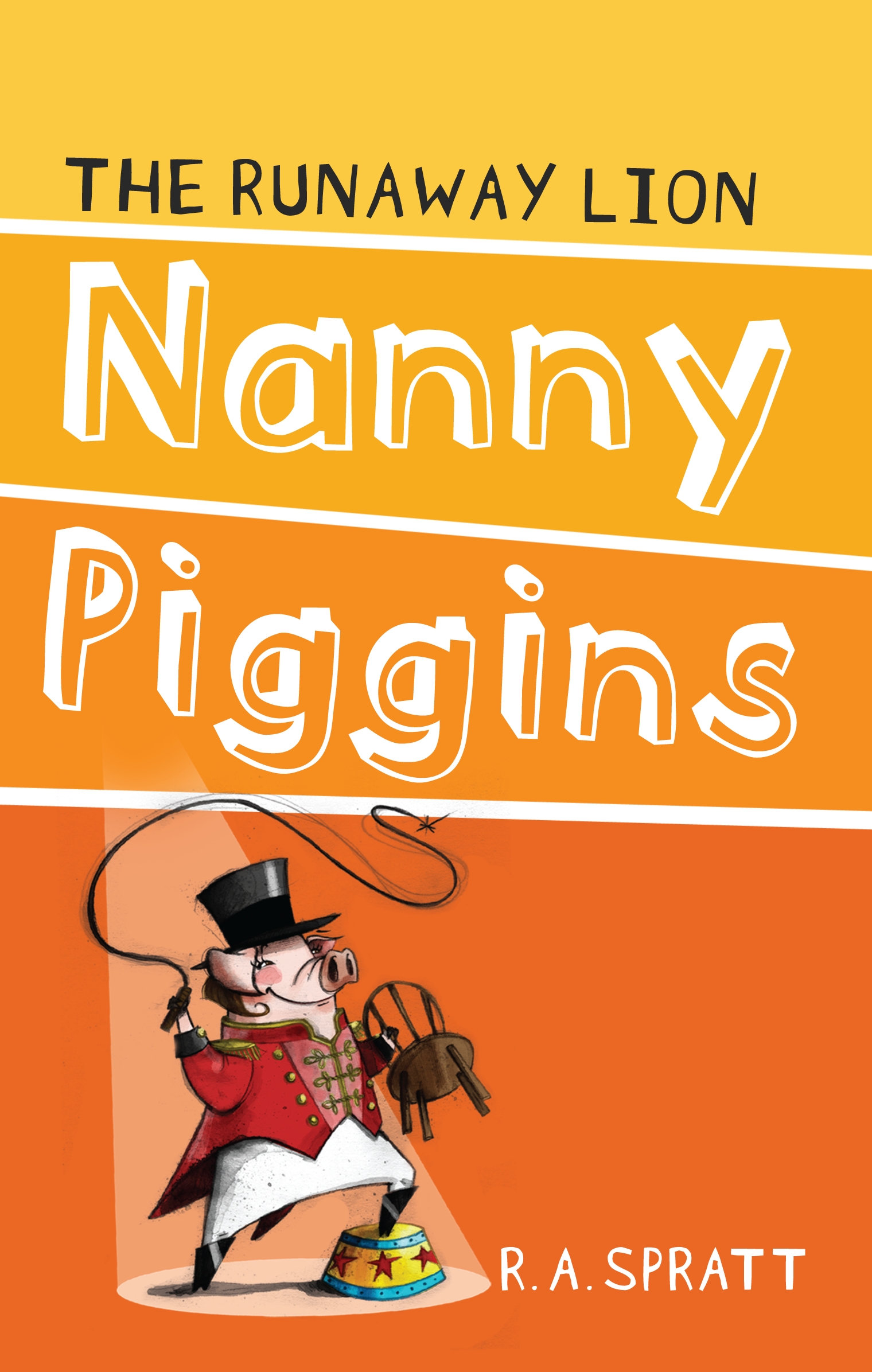Fiction
When Rose, the narrator of Kathleen Stewart’s Men of Bad Character, first visits the bathroom of Gary Gravelly, ‘there in the toilet bowl, frayed around the edges and so long languishing that it had stained the water, was the most enormous rope of turd. That, I said to myself, is the death of romance.’ Rose soon forgets, overwhelmed by the boyish charm of her new lover, but the reader is left with an indelible image. Whatever Rose might think of Gary at any stage – and she changes her opinion many times over the next couple of years – we continue to associate that repulsive image with him. This is not just a bit of earthy bad taste designed to shock. It is a bold and nauseatingly effective way of influencing the reader’s attitude to Gary.
... (read more)Tom Shapcott’s most recent volume collects nine short stories and one novella from 1997 to 2005, the period during which he was the inaugural Professor of Creative Writing at the University of Adelaide. Of his thirty-two volumes, eleven are novels, three are collections of short stories, and eighteen are books of poetry. Tom has received the Patrick White Prize, Senior Fellowships from the Australia Council and an Order of Australia. He has been Director of the Literature Board of the Australia Council, Executive Director of the National Book Council and a member of the Adelaide Festival Writers’ Week Committee. Does the man never sleep?
... (read more)Two drunk whitefellas have a barney at the Green Swamp Well Roadhouse. One ends up with a hammer in his throat. To the police, it is a simple case of provocation and retaliatory murder, but the newly appointed Aboriginal Community Police Officer (ACPO) for Bluebush in the Northern Territory thinks otherwise. As a local, Emily Tempest knows the feuding boozers and doubts that an argument – over Greek philosophy, of all things – might have incited such mortal violence. Tempest vividly returns in Gunshot Road, Adrian Hyland’s sequel to Diamond Dove (2006). Once again, the amateur sleuth returns home to Moonlight Downs and is drawn into a web of increasing stickiness. Her reckless bravura results in her own entrapment.
... (read more)A flooding river in the Victorian goldfields of the late 1890s dominates Robert Engwerda’s second novel, Mosquito Creek. Hidden undercurrents, old secrets and the threat of imminent death shadow this compelling narrative. Engwerda strives for a mood of anticipation, which is heightened by longing and brutality. The story follows events in the lives of several key inhabitants of a remote township, each struggling to cope with the rising flood. A bureaucrat commissions a boat to be built in order to rescue marooned miners; a policeman tries to maintain order in the town while he tries to solve a murder; a woman dreams of escape from a violent father. Linking these characters’ stories is the ambiguous presence of Phillip Oriente, the murder victim, who appears almost entirely through a series of second-hand accounts.
... (read more)In the May issue of ABR, a new Australian novel was praised as being ‘a respite from the anodyne family dramas that seem to plague contemporary commercial publishing’. Of course, there are plenty of uninspiring domestic novels on bookshop shelves – just as there are uninspiring examples of every kind of novel – but when done well, contemporary family drama can be the opposite of anodyne, stimulating readers to analyse and debate the world. The best domestic novels use characters in a specific family or social setting to reflect and explore the values and issues of a particular time and place. Indelible Ink, which follows the intersecting lives of one Sydney family during the last days of the Howard era, is such a book – and looks set to be the most talked-about Australian novel since The Slap.
... (read more)Now by Morris Gleitzman & Where There’s Smoke by John Heffernan
Now eighty, Felix, whom we met in two previous novels by Morris Gleitzman, is living in hot dry country Australia. In Once (2005), little Felix escaped from a convent, desperate to find his parents, not understanding that they had left him there in an effort to protect him. In Then (2005), he was ten. After jumping from a train bound for a concentration camp, he struggled to hide himself and six-year-old Zelda, who was not even Jewish, from the Nazis in Poland.
... (read more)Julia moves to Lovely, a fictional country town in Victoria, with her yoga-teaching husband, Bryant, and their two children. The place is dismal; Julia can’t find a decent cup of coffee; the local plumbers won’t come to install her espresso machine; and she misses her ballet-dancing friends back in Melbourne.
Soon after arriving, she meets Tom, a young man who can see auras and hear people’s ‘inner songs’. Julia can also hear Tom’s ‘song’, and they are inexorably drawn to each other. Bryant, similarly drawn to Tom, decides to heal his troubled soul. New Age spirituality infuses Milk Fever, at times to the detriment of the narrative. Tom and Julia’s attraction is so heavily linked to spiritual resonance that their eventual relationship seems based on little more than cosmic codependency. This is a pity, because there is much here to suggest that the author understands the complexity of relationships, self-doubt and the past’s influence on the present.
... (read more)The Byron Journals is organised into short, eventful chapters detailing several months in the life of Andrew, its protagonist. Andrew sets out from Adelaide on a schoolies’ trip, hoping to escape the weight of expectation and the fallout from his parents’ personal and professional lives. In Byron Bay he joins a group of street musicians. His prolonged holiday becomes a lost summer of drugs (consumed, cultivated and sold), alcohol, sex and music. Andrew is drawn into intense relationships with the members of the group, particularly with the captivating Heidi, who has herself come to Byron to escape a troubled past.
... (read more)Those familiar with the previous titles in Garth Nix’s The Keys to the Kingdom series will be expecting another carefully structured, action-filled adventure. They would be half right. In the seventh and final instalment, Lord Sunday, Nix has abandoned his familiar formula. The elements are all there – the seventh key, the seventh Trustee, the seventh fragment of the Will – but the meticulous structure that has been the benchmark of the series is replaced with a mad dash to the ultimate conclusion. As a result, this book reads like a finale to the interrupted climax of book six, Superior Saturday (2008). This lends the narrative a frenetic energy that mirrors the plot, as the ever-encroaching Nothing grows closer to overwhelming the House, the Universe and Everything, while the ‘real world’ (which fans will understand isn’t really the ‘real’ world but only Arthur and Leaf’s version of it) descends into further chaos as a result.
... (read more)With series titles dominating the new releases, it would seem that every author’s (and illustrator’s) ambition is to find a character and a conceit that will have sufficient appeal to carry them successfully through multiple volumes. This is a particularly achievable ambition in children’s literature, where the target readership has a high tolerance for repetition, a loyalty towards favourite characters and a seemingly insatiable appetite for more of the same.
... (read more)

